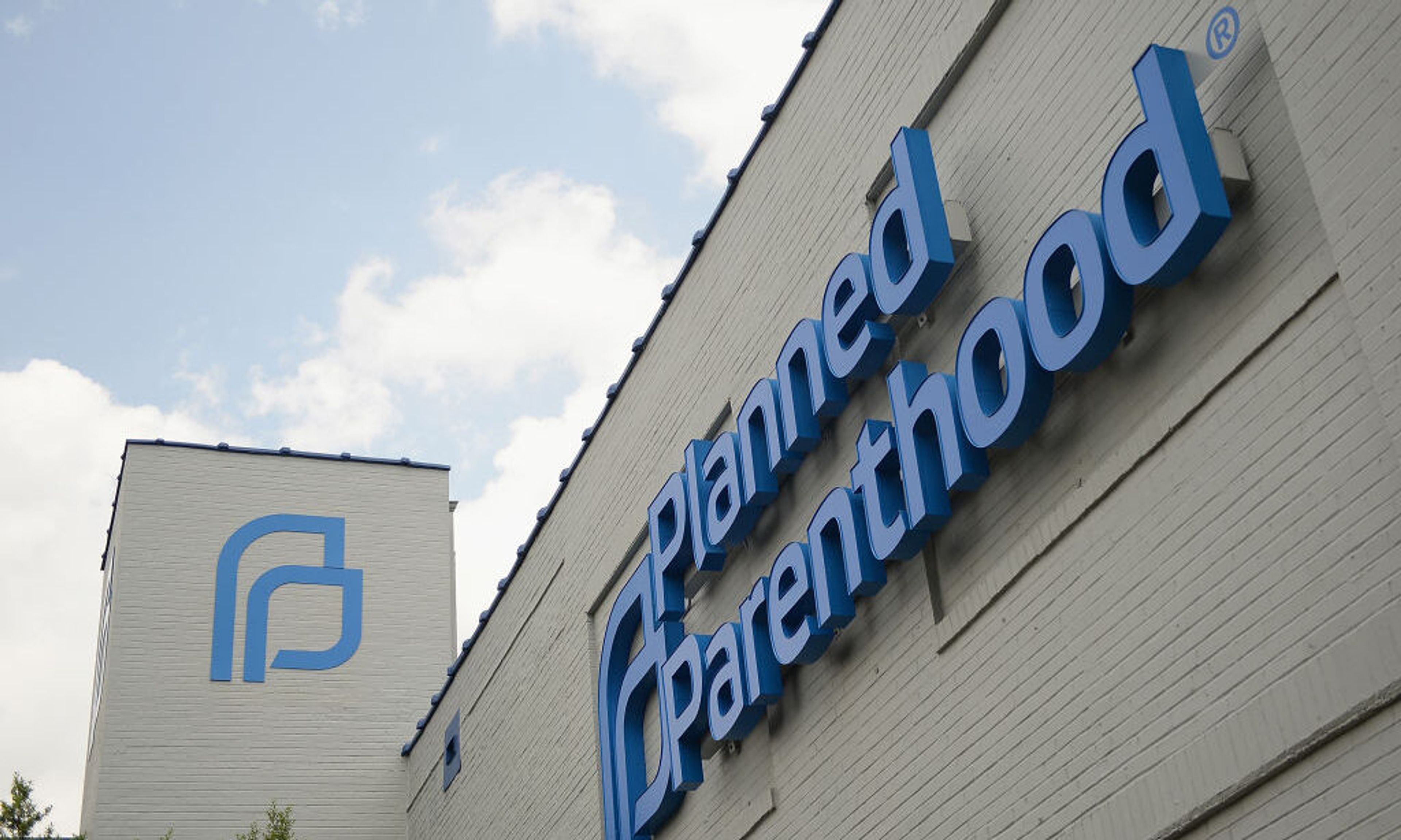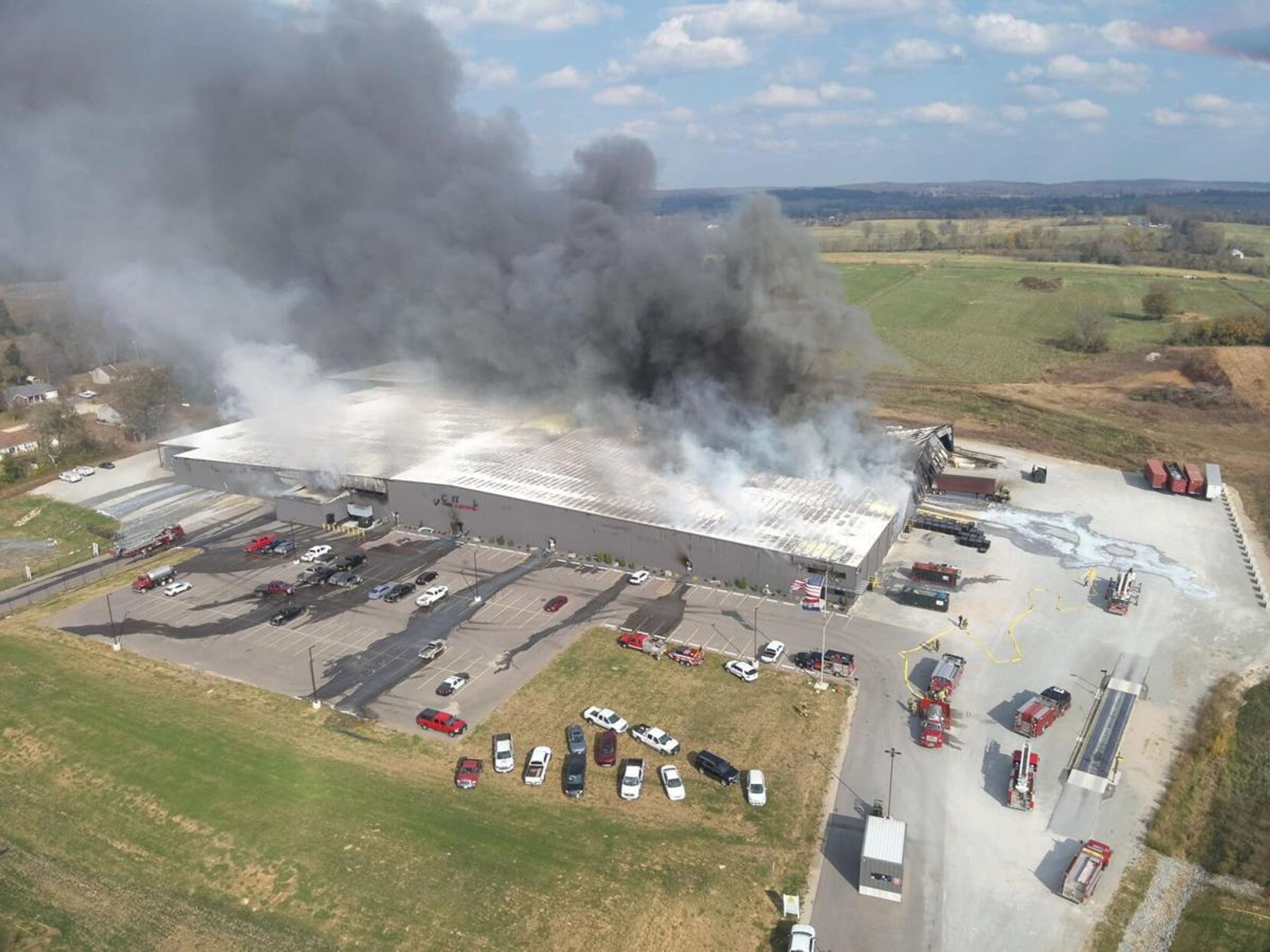U.S. hospitals navigate IV fluid shortage after hurricane disrupts supply chain
U.S. hospitals face IV fluid shortages after Hurricane Helene damages a key factory. Hospitals are conserving supplies and exploring alternatives as production ramps back up.
U.S. hospitals are conserving intravenous fluid supplies caused when Hurricane Helene damaged a factory that produces them. The company has restarted two production lines in the last couple of weeks as it hopes to resume full production by the end of the year.
But hospitals are having to find creative ways to conserve the materials in the meantime.
The September hurricane damaged a Baxter International facility that produces 60% of the IV fluids used in the U.S.
The American Hospital Association wrote in an Oct. 7 memo to the Biden Administration that its members are “deeply concerned about the closure of Baxter’s plant in Marion, N.C., due to damage caused by Hurricane Helene.” The letter said the facility produced 1.5 million bags of IV solutions and peritoneal dialysis solutions daily.
Locally, a Mercy Hospital Southeast spokeswoman said the local hospital is “closely following the impact of IV fluid shortages across the country caused by the impacts of Hurricane Helene.” Kate Shupert, the senior media relations and communications specialist for the hospital noted that the shortage has not yet affected patient care.
“We are conserving where appropriate and taking other measures to make sure the best use of the IV supplies we have and continue to receive,” she wrote in an emailed response to questions. “If we need to make any changes to future patient care, we will work directly with patients on planning their care.”
Saint Francis Medical Center declined to comment on the issue through a spokesperson.
According to Andrea Garcia, the vice president of science, medicine and public health of the American Medical Association, 17% of healthcare providers who responded to a survey in October, opted to postpone elective surgeries and other procedures and 58% were considering taking those measures.
Baxter’s 2,500 North Carolina employees returned to work to focus on site remediation.
An update memo issued by Baxter on Nov. 7 said one manufacturing line resumed the week of Oct. 28 and another the week of Nov. 7. Those lines represented half of the site's total production, including 85% of the site’s production of one-liter bags, the most popular size used by hospitals and clinics. The memo stated it hopes to have two peritoneal dialysis solutions lines open by early December.
The U.S. Department of Health and Human Services said it helped Baxter regain access to its plant, which was initially inaccessible because of three damaged bridges. The federal Administration for Strategic Preparedness and Response helped build temporary bridges, which allowed truck and equipment traffic to access the facility.
The FDA took regulatory actions to allow additional imports of IV solution and dialysis products from international manufacturing plants to bolster domestic supply. It also supported efforts to airlift new products into the United States. Among other actions, the federal government: expanded compounding of IV solutions; expedited regulatory reviews; expedited shelf-life consideration requests; and has warned it would strictly enforce price gouging efforts.
The shortage comes when many patients plan surgeries before their deductibles reset in January. It also comes at a time when respiratory virus season enters its peak.
NPR and KFF Health News reported that some hospitals are using a “push” medication, a process that doesn’t involve a bag, but also takes more of nurses’ time to administer.
Connect with the Southeast Missourian Newsroom:
For corrections to this story or other insights for the editor, click here. To submit a letter to the editor, click here. To learn about the Southeast Missourian’s AI Policy, click here.










